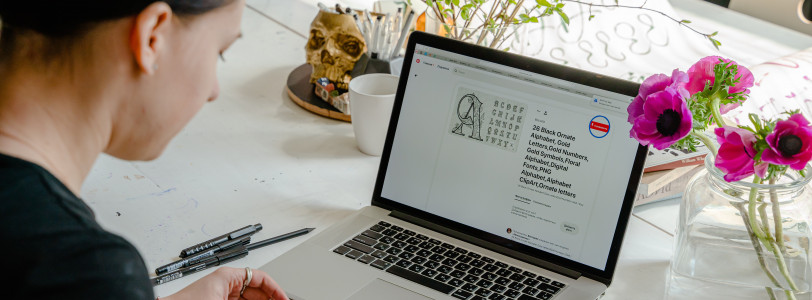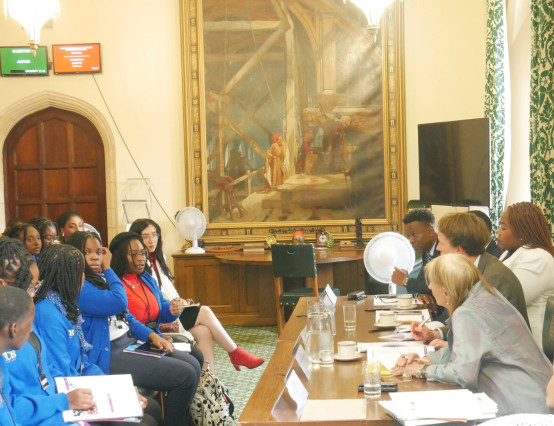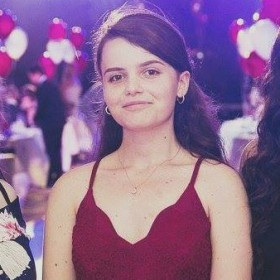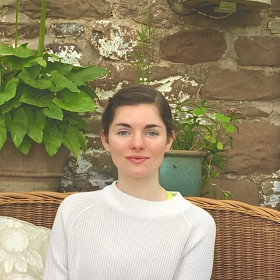The arts, creative, and cultural sectors are a notoriously difficult sector to enter as it’s not as straightforward as a typical 9 to 5 office career. Hopefully, this guide will help you navigate that journey into contacting artists and creative organisations, hosting interviews, and gaining work experience within the arts.
How to contact artists and arts organisations
Artists
Contacting artists can be particularly tricky. In the ‘old days’ (10+ years ago) you had to go through their management and PR team. These days, although PR teams still exist (particularly for the more prominent artists), many artists are now on social media.
While I don’t recommend you bombard every artist with a million messages, (nor can I guarantee a response!). There is the chance that if you’re simply authentic and courteous whilst messaging your favourite artist, they just might respond. Chances are much higher for the smaller they, of course. Although more popular artists may have a PR team running their social media.
If they do have a management team – all hope is not lost! Typically, the artist will list their management & PR team on their contact details (if not, you can try googling artist name + management pr) where you can get in touch. Their management team is there to take all queries and contact them for you.
Art organisations
Typically, most art organisations will have a website with contact details.
This may include an on-site contact form, telephone number and/or an email address.
I advise against phoning them by telephone as they are often swamped and may not have the resources to hand to answer a request immediately. Also, the person answering the phone may not know the answer to your question. In comparison, an email/contact form allows them to gather the correct information to get back to you.
How to commission an artist
If you check their social media, an artist will typically have a link to where you can commission their art. Some directly take DMs, emails, and some advertising through sites such as Etsy or the equivalent, and some through management companies and art galleries.
It may seem scary to message an artist, but do remember that this is their business! Just as you go to the supermarket to buy food and fashion retailers sell clothes, artists sell their artform and want people to buy it.
In a message, I recommend including:
An introduction to yourself
Why you’re interested in their work/art style
What kind of commission you would be looking for
Price/time request (think about when you need this for. Do you need it by the end of the week? If so, the artist may say no, or charge premium express prices. Try to order your art with as much time in advance as possible!)
The artist/management may follow up by asking more questions or image examples to make sure you’re both on the same page.
How to ask an artist for an interview
Okay, so you’ve successfully implemented the steps previously mentioned and got in contact with an artist.
How do you ask for an interview? Surprisingly, just be your authentic self and ask.
Some may want to charge money for an interview. Some will do it for free. Some may not respond at all.
How to structure your interview request:
Introduce yourself
Explain why you’re messaging this particular artist (why not any other? It’s good to include some context about the artist here)
A polite interview request
Include what the interview would be for, who would see/access the interview (this will help them to gauge how this benefits them and how their audience may be expanded)
A rough idea of dates you were hoping this could happen by
How to gain creative work experience
If you want to work within the arts, experience is essential. Unfortunately for many, creative work experience is often unpaid at the beginning of their journey. So, the sooner you begin to gather some work experience, the sooner you can look to begin a paid career within the arts.
Work experience in the arts are typically accessed through seven different routes:
You know somebody who knows somebody, who knows somebody. Maybe your friend’s aunt is friends with an art shop who would be happy to show you and give you the experience? Sometimes creative opportunities boil down to luck, but you can do your best to network and communicate with more creatives. The more creative people you know and engage with, the more likely this will happen. Building your creative network is the best thing you can continually do, both at the start of your career and throughout.
Internships. Websites such as CreativeAccess list excellent opportunities (and luckily, many of these are paid positions as interns!).
Directly approaching a company. You directly approach the company and ask if they would be willing to take you on as work experience. (You can alter the above template for asking for a commission to work experience).
The company lists a work experience posting. You prepare an application and hope for the best! Keeping up to date and researching organisations you’re interested in will help you spot all upcoming opportunities!
Artist Mentoring. Artists sometimes have mentoring work experience opportunities. These are often fiercely competitive. Typically, an artist will advertise these positions through their social media/website. So it’s definitely worth following your favourite artists to look out for any opportunities.
Volunteer. If a two-week placement doesn’t work for you or the company, then you could potentially try volunteering. Do-it regularly lists some great creative volunteering experiences, and there are now plenty of opportunities online.
Do it yourself. If you’re an artist of any type, then start posting your work online, whether through writing a blog, selling art on Etsy, and uploading videos to Instagram/YouTube/TikTok. Building up a following online can help you to secure creative work in that way.
For more how-to guides and help doing your Arts Award visit: https://www.voicemag.uk/artsaward/how-to-guides










Creative industries can seem so inaccessible and mysterious - this is really useful!